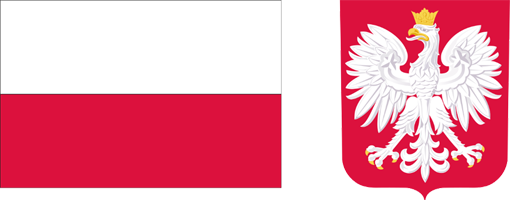Current issue
Archive
About the Journal
Aims and Scope
Advisory Board
Members of the Editorial Board
List of reviewers
Publishing process
Publishing Ethics and Malpractice Statement
Personal data protection (GDPR)
Creative Commons License
CrossRef Member / Similarity Check
For Authors
Call for papers
Guidelines for authors
Submitting a manuscript through the editorial system – step by step
For Reviewers
Peer review process
Guidelines for reviewers
Submitting a review – step by step
Contact
RESEARCH PAPER
THE ROLE OF INFORMATION AND COMMUNICATION TECHNOLOGIES IN RURAL DEVELOPMENT
1
Warsaw University of Technology
2
University of British Columbia
Submission date: 2023-09-06
Final review date: 2023-11-08
Acceptance date: 2024-01-12
Publication date: 2024-03-26
Zagadnienia Ekonomiki Rolnej / Problems of Agricultural Economics 2024;378(1):69-92
KEYWORDS
JEL CLASSIFICATION CODES
O33
R11
O15
TOPICS
ABSTRACT
The article aims is to analyze the internet utilization patterns of rural households in selected European
Union countries, particularly focusing on Poland, and to assess the specificity and level of differentiation
in this area between countries. The study divides European Union (EU) countries into clusters
based on the share of rural residents’ using the internet from 2004 to 2022. Employing Ward’s method
and k-means clustering with the squared Euclidean distance measure, cluster analysis is used for
country grouping. Internet functionalities are analyzed to understand consumer behaviors. The study
shows that European countries can be categorized into four distinct groups according to the percentage
of rural inhabitants who had access to the internet. Internet functionalities revealed variations
in accessing information, scheduling medical appointments, social networking, online courses, and
political engagement across these clusters. It was found that digital inequality among rural inhabitants
in the EU persists, with varying levels of internet usage and utilization of internet functionalities.
The convergence hypothesis suggests that less developed areas experience faster growth in internet
usage, potentially reducing disparities. Policies promoting digital inclusion and advanced digital skills
training are essential to bridge the digital divide in rural areas. In conclusion, access to internet
functionalities, especially in healthcare and education, remains a challenge that requires attention.
The study emphasizes the importance of considering cultural and socio-economic contexts in understanding
digital inequality. This research sheds light on the digital divide in rural EU regions and
highlights the need for targeted interventions to enhance digital inclusion and improve the quality of
life for rural residents.
We process personal data collected when visiting the website. The function of obtaining information about users and their behavior is carried out by voluntarily entered information in forms and saving cookies in end devices. Data, including cookies, are used to provide services, improve the user experience and to analyze the traffic in accordance with the Privacy policy. Data are also collected and processed by Google Analytics tool (more).
You can change cookies settings in your browser. Restricted use of cookies in the browser configuration may affect some functionalities of the website.
You can change cookies settings in your browser. Restricted use of cookies in the browser configuration may affect some functionalities of the website.




